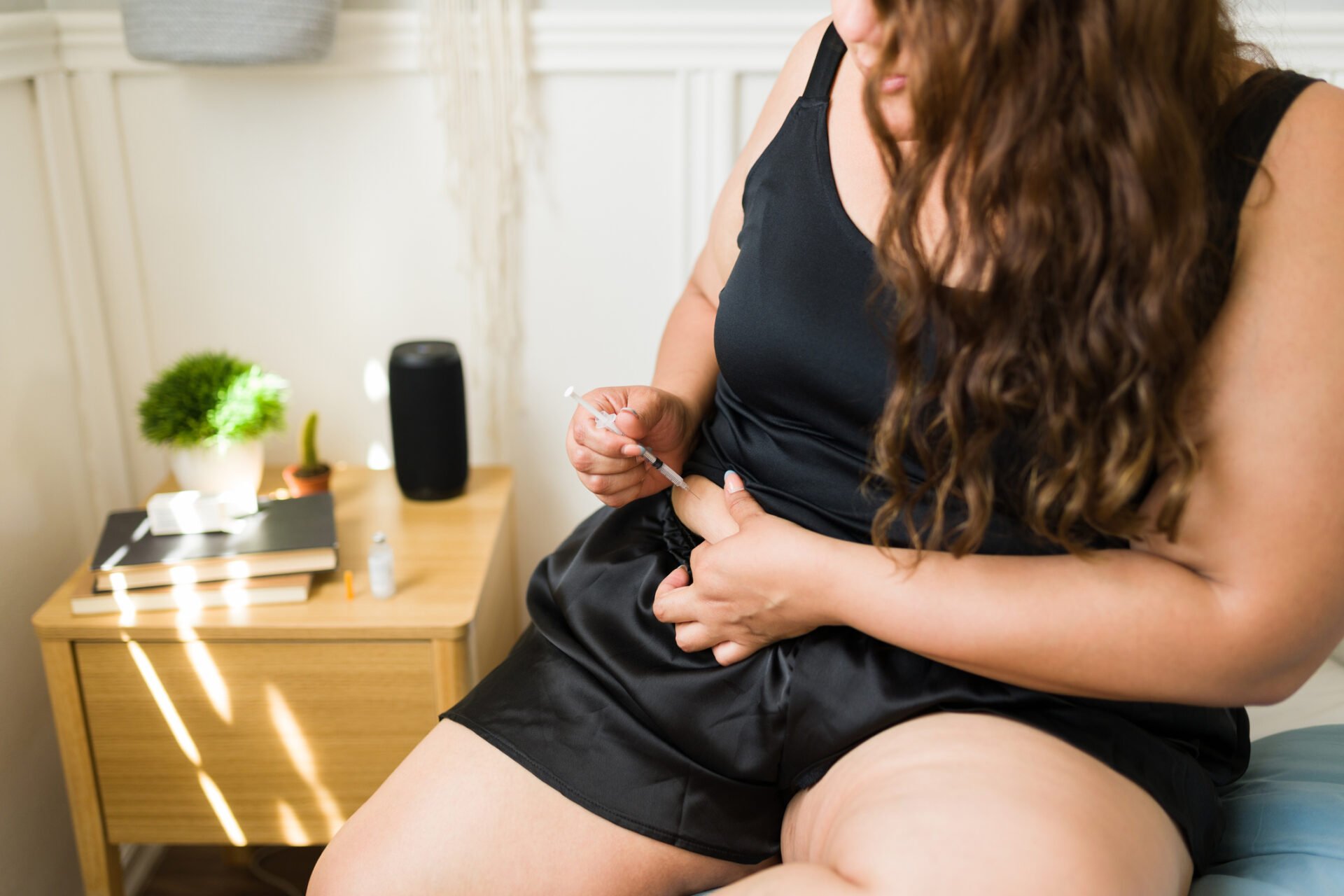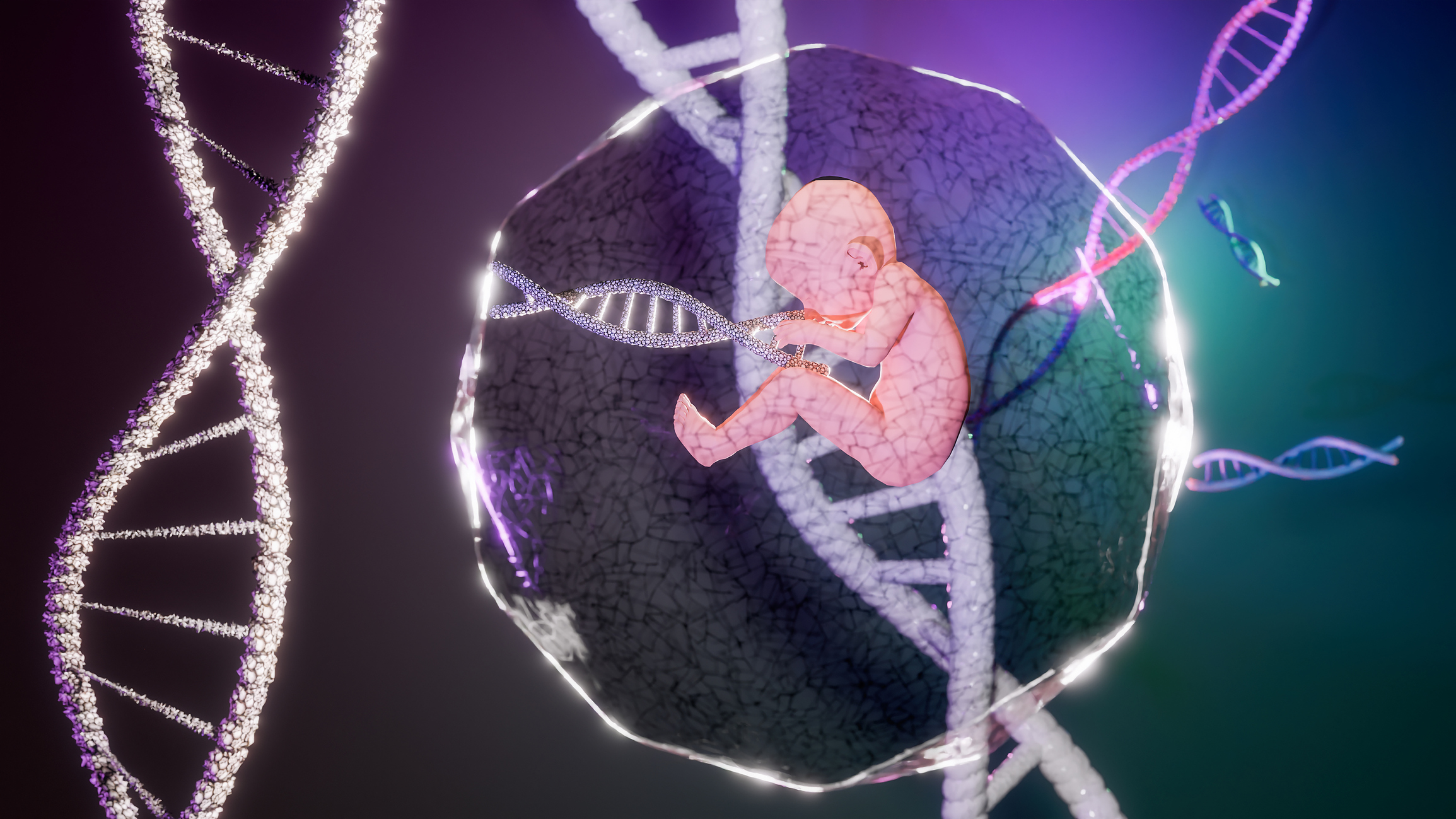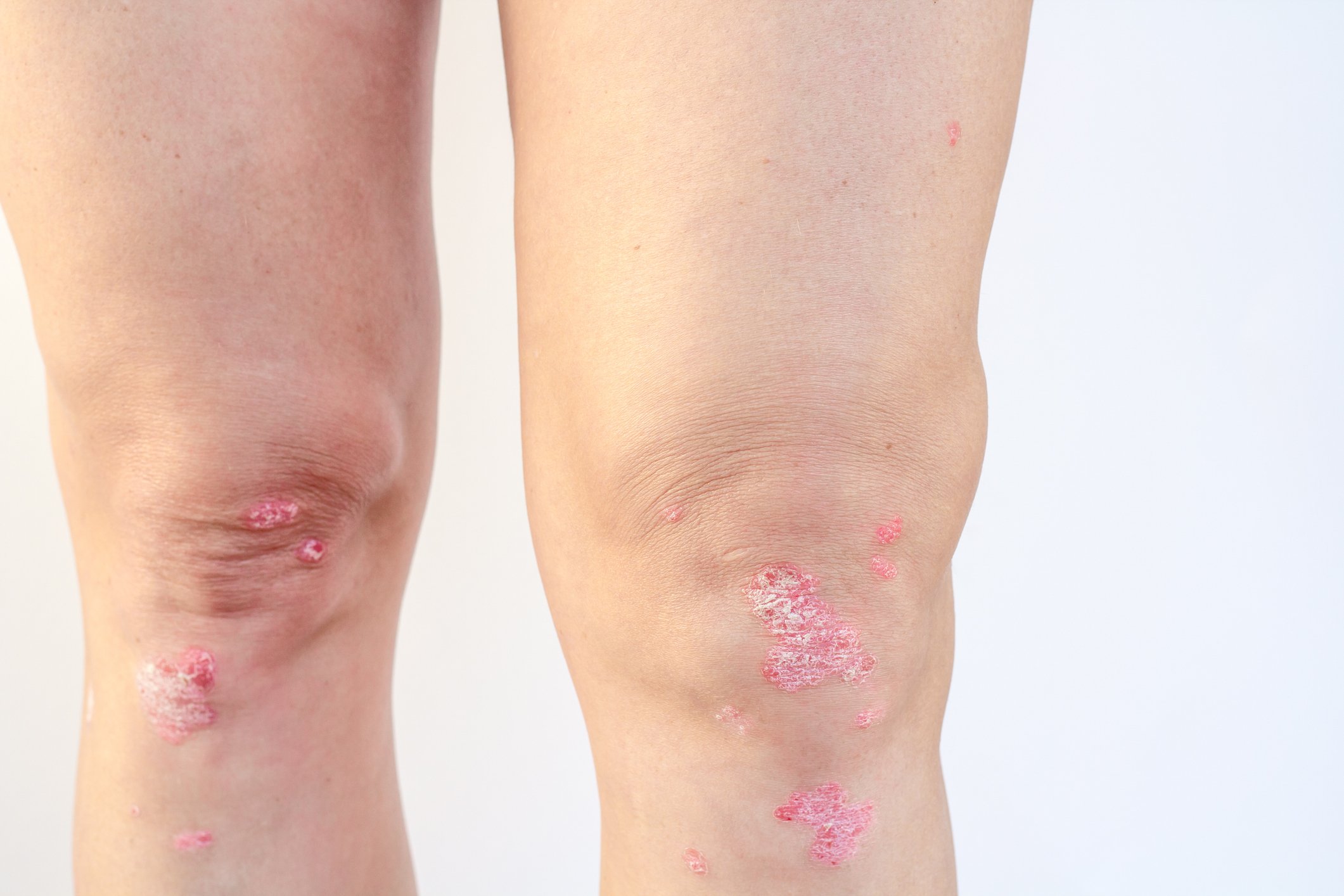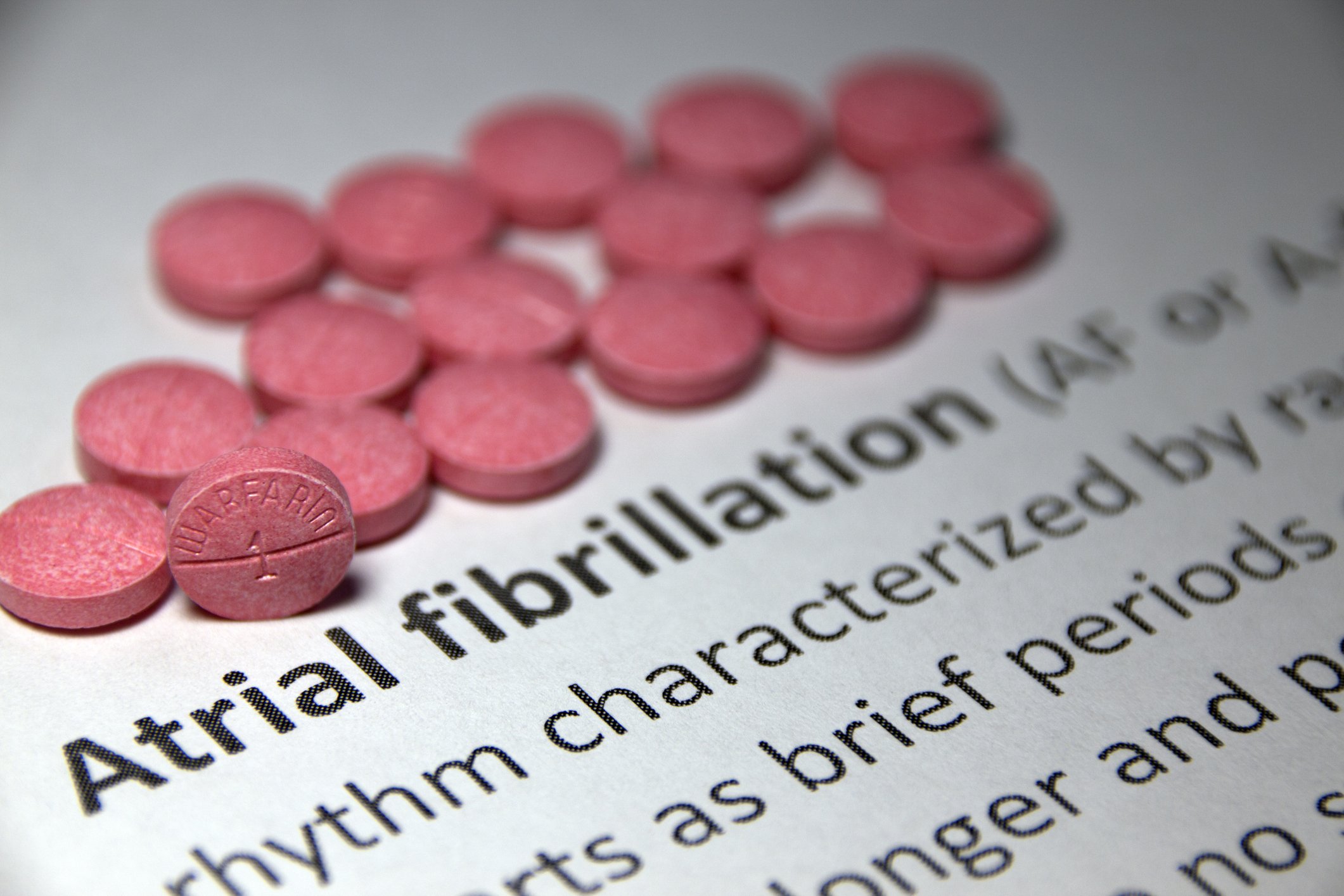In patients with type 2 diabetes (T2D), a balanced glucose concentration is mainly achieved through drug therapies. If blood glucose control remains poor despite a triple combination of oral hypoglycaemic agents (OHA), treatment becomes challenging. Iranian scientists have evaluated the efficacy of a quadruple hypoglycemic treatment regimen on glycemic indices in patients with inadequately controlled T2D.
Autoren
- Jens Dehn
Publikation
- InFo DIABETOLOGIE & ENDOKRINOLOGIE
Related Topics
You May Also Like
- A hub of biological aging
Mitochondrial dysfunction and energy metabolism
- Health Literacy
Promoting health literacy: from the abstract to the concrete level
- Pharmacological therapy
Anxiety symptoms in eating disorders
- Case study
Wiedemann-Steiner syndrome in a 2-year-old girl
- Chronic back pain
Care in the virtual hospital – the Back@home project
- Psoriatic arthritis
Long-term remission also possible without DMARDs
- Clinical relevance, benefits and limitations
Atrial Fibrillation Screening
- Parkinson's disease: progressive and clinically heterogeneous











